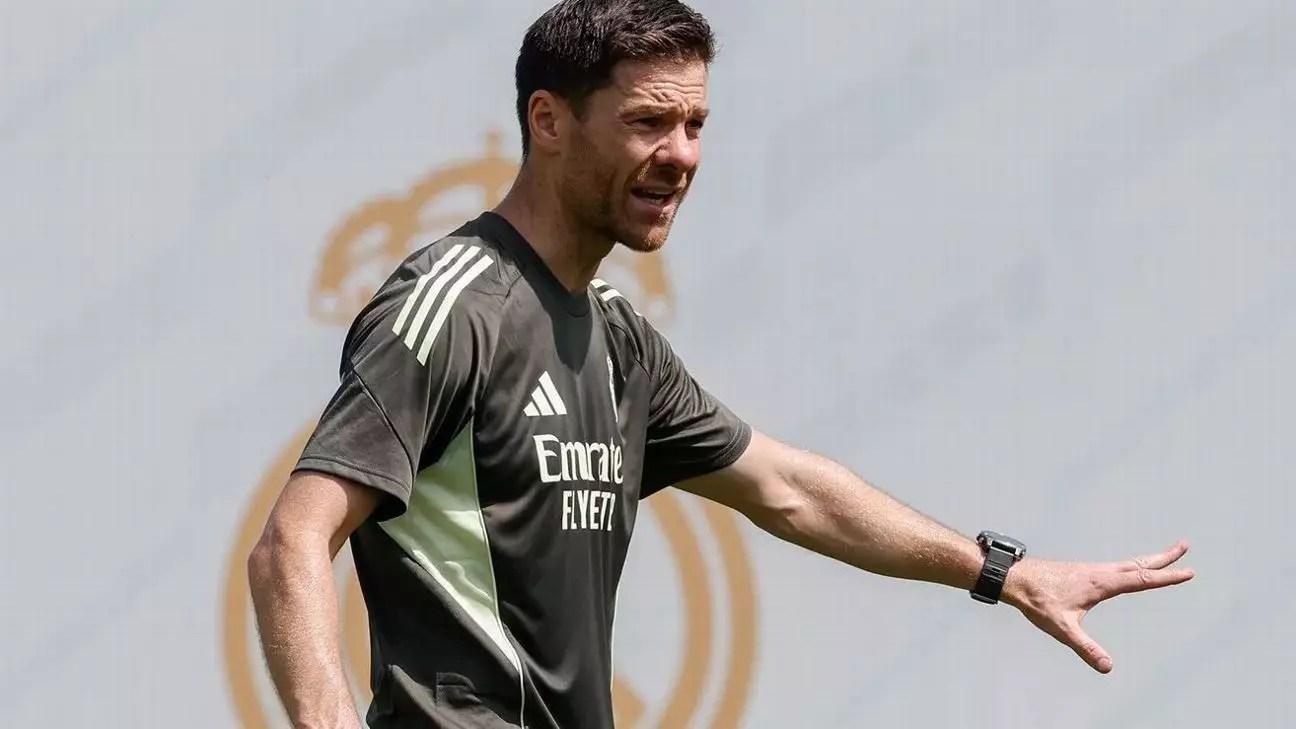Real Madrid’s recent start to preseason marks a pivotal moment in their storied history. With the appointment of Xabi Alonso as head coach, the club seems poised for a renaissance, though the hurried timeline raises questions about strategic readiness. In just two weeks, Madrid aims to transform a squad that narrowly missed silverware into a competitive force for the 2025-26 season. This expedited preparation is a gamble—a calculated risk that underscores Madrid’s hunger for immediate impact more than meticulous planning. It’s undeniable that Alonso’s appointment, following Carlo Ancelotti’s departure, injects fresh energy, but does it also introduce turbulence in adapting to new tactics and philosophies in such a compressed timeframe? The team’s fitness levels, tactical cohesion, and overall readiness remain uncertain, highlighting Madrid’s willingness to embrace risk rather than passively accept slow-building strategies.
Challenges of Balancing Ambition and Reality
The club’s desire to delay the LaLiga opener against Osasuna reveals a deeper tension. Madrid argued for postponement, citing insufficient preparation time after their Club World Cup run. However, the federation’s refusal underscores a harsh reality: elite clubs cannot afford excuses in today’s hyper-competitive landscape. The decision signals a possibility that Madrid places immense faith in their talent pool and coaching staff to adapt swiftly, despite the daunting timeline. It also reflects their relentless pursuit of excellence—an unwavering belief that they can hit the ground running. The upcoming friendly in Austria against WSG Tirol serves as a crucial tune-up, yet it can hardly match the intensity or strategic depth of competitive fixtures. The pressure is mounting for Alonso to demonstrate that immediate results aren’t just wishful thinking but achievable through tactical ingenuity and player motivation.
Injuries and Squad Depth: Testing Resilience
Adding another layer of complexity, Madrid faces significant absences early in the season. Jude Bellingham’s shoulder surgery and Endrick’s slow recovery from injury weaken the squad’s offensive and midfield options. These setbacks may force Alonso to navigate a delicate balancing act—holding high standards while developing cohesion with a patchwork of available players. The club’s recent signings of Trent Alexander-Arnold, Dean Huijsen, and others reflect a strategic effort to bolster squad depth, but integration takes time, particularly when the team aims for immediate success. La Liga’s demanding schedule and European commitments mean that Madrid must blend youth, experience, and tactical flexibility seamlessly—an ambitious task in such a tight window.
Strategic Outlook: Risks, Rewards, and the Xabi Alonso Effect
Real Madrid’s approach embodies a bold willingness to challenge convention. Instead of the traditional long-term rebuilding, they opt for rapid transformation—trusting Alonso’s leadership, the talent of their veterans, and their scouting network’s recent acquisitions. This mentality signifies a club eager to assert dominance quickly rather than settle into a slow rebuild. The appointment of Alonso, a legendary player with a fresh coaching perspective, signals an intent to develop a more dynamic, fluid style of play. However, the club’s high expectations also contain inherent dangers—particularly if results don’t materialize immediately. Madrid must navigate the fine line between daring innovation and tactical missteps, all while managing the pressures of their global fanbase.
In embracing this high-stakes strategy, Madrid seem committed to a mentality of fearless ambition. Whether this gamble will pay off remains to be seen, but one thing is clear: they refuse to accept complacency, forging ahead with confidence that their rich legacy demands nothing less.


Leave a Reply